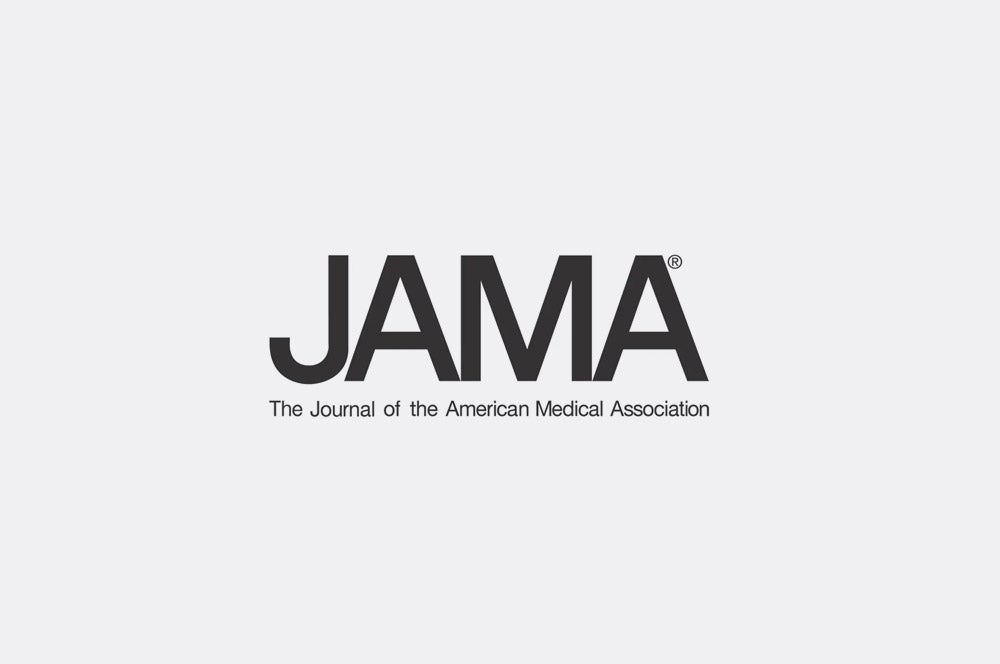Geotemporal analysis of melanoma incidence and mortality identifies distinct clusters of trends within the United States between 2001-2019.
Latoni DI, Geller A, Semenov YR, Ji Z, Tsao H.
J Invest Dermatol. 2024 Jul 07. PMID: 38981567
Senior Lecturer on Social and Behavioral Sciences
Program for Community Research
I have been a SBS faculty member since 2010. I took a very circuitous path to a public health career. I moved to Boston in 1973 and worked for years as a day care worker, steelworker, and then obtained my nursing degree in 1984. I worked on a surgical oncology floor and through caring for many patients with preventable but late-stage cancers, I began to see first-hand the strong and compelling need for cancer screening and prevention research.
My current projects are varied and challenging with strong interests in cancer disparities, cancer screening, medical student cancer education, and tobacco control in public housing. My primary research is aimed at reducing the disproportionate burden of melanoma mortality for persons of lower SES and middle-aged and older men. We have tried to accomplish this through public awareness, national and international screening programs, training, and exploring patient and physician communication patterns. We also have a number of Federal grants for tobacco cessation and elimination of second-hand smoke exposure in multiple venues, including public housing developments.
In the past few years and currently, I have been the PI for a NIH RO1 entitled Reducing Risks of Skin Cancer among Childhood Cancer Survivors and am a Multiple PI on a similar skin cancer detection project with recipients of organ transplants.
I have become increasingly involved in COVID-19 research and have been very fortunate to have received two Dean’s Awards over the past two years. The first toolkit was designed for pediatricians, parents, and teachers centered around youth mental health. The new and current Award centers on ways to boost COVID-19 vaccinations for children and is focused on developing a toolkit that can be used by parents, policy-makers, and pediatricians.
For the past 10 years, I have taught a class entitled ‘Successes and Challenges in Health Behavior Change’ where we look at some of the more successful comprehensive public health initiatives such as tobacco campaigns to see what lessons we can learn for modern-day epidemics such as those for obesity control and the COVID-19 pandemic. I also teach a Fall and Spring class (SBS 965F and 965S) centered around making students’ practicums be at once inspirational, enlightening, and instructive.
Latoni DI, Geller A, Semenov YR, Ji Z, Tsao H.
J Invest Dermatol. 2024 Jul 07. PMID: 38981567
Bolick NL, Geller AC.
Hematol Oncol Clin North Am. 2024 Jun 21. PMID: 38908959
Trepanowski N, Hathaway CA, Chang MS, Hay JL, Samatham R, Geller AC, Swetter SM, Tworoger SS, Kanetsky PA, Leachman SA, Hartman RI.
Arch Dermatol Res. 2024 May 24. 316(6):221. PMID: 38787523
Garbe C, Forsea AM, Amaral T, Arenberger P, Autier P, Berwick M, Boonen B, Bylaite M, Del Marmol V, Dreno B, Fargnoli MC, Geller AC, Green AC, Greinert R, Hauschild A, Harwood CA, Hoorens I, Kandolf L, Kaufmann R, Kelleners-Smeets N, Lallas A, Lebbé C, Leiter U, Lim HW, Longo C, Malvehy J, Moreno D, Pellacani G, Peris K, Robert C, Saiag P, Schadendorf D, Peter Soyer H, Stockfleth E, Stratigos A, Uhara H, Vieira R, Volkmer B, Weinstock MA, Whitaker D, Zalaudek I, Whiteman DC, Brochez L.
Eur J Cancer. 2024 Jun. 204:114074. PMID: 38691877
Cummins TB, Miller DR, Geller AC.
JAAD Int. 2024 Sep. 16:26-28. PMID: 38774340
Yan BW, Arias E, Geller AC, Miller DR, Kochanek KD, Koh HK.
JAMA Intern Med. 2024 Jan 01. 184(1):108-110. PMID: 37955927
Berk-Krauss J, Sharma M, Polsky D, Geller AC.
J Am Acad Dermatol. 2024 Apr. 90(4):847-849. PMID: 38086518
Geller AC, Weinstock MA.
JAMA Dermatol. 2023 05 01. 159(5):475-477. PMID: 36920362
Benchimol-Elkaim B, Dryden-Peterson S, Miller DR, Koh HK, Geller AC.
J Gen Intern Med. 2023 05. 38(7):1717-1721. PMID: 36853557
Geller AC, Coroiu A, Keske RR, Haneuse S, Davine JA, Emmons KM, Daniel CL, Gibson TM, McDonald AJ, Robison LL, Mertens AC, Elkin EB, Marghoob A, Armstrong GT.
J Clin Oncol. 2023 04 20. 41(12):2269-2280. PMID: 36623247
Men have increasingly shorter lifespans compared to women, in part due to preventable deaths, according to experts.

With COVID-19 becoming a leading cause of death in the U.S., experts say an "unprecedented" national response is needed to contain the pandemic.

For immediate release: October 12, 2020 Boston, MA – The hospitalization rate for acute cardiovascular disease (CVD) events in a large southern California health system was 1.62 times higher in the two days immediately after the 2016 presidential…

Use of a face-aging app that demonstrates the long-term effects of sun damage improved skin-protecting behavior in teenagers.
Deaths from melanoma, an aggressive form of skin cancer, have fallen sharply in recent years, according to new research co-authored by Alan Geller, senior lecturer on social and behavioral sciences.
